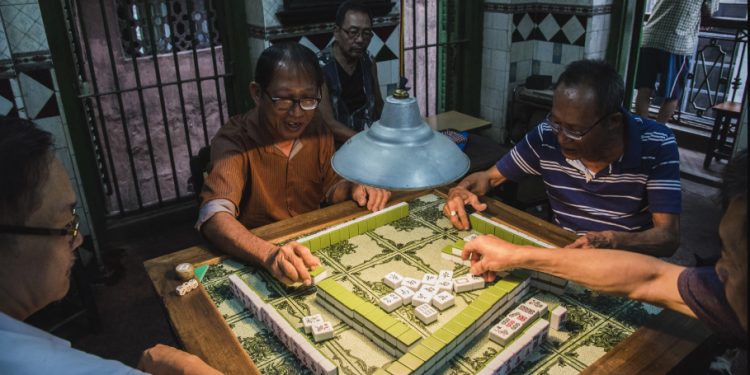Kolkata: Cheng Lee (67), a Chinese Indian, has been flipping television news channels at his home here since Tuesday. He is trying to keep track of the Sino-India standoff in faraway Ladakh. In the violent clashes 20 Indian Army personnel were killed June 15.
Fearing retaliation
He is not alone. The Chinese community in the city is one of the largest in India. It is apprehensive that the escalation of the conflict between the two Asian giants would hamper their lives and livelihood.
Lee (name changed), like other seniors of his community, has a fervent prayer for peace on his lips. He does not want a rerun of the 1962 Indo-China war. He then had to leave the city that he calls home following a backlash against the Chinese community.
Down memory lane
“I was nine years old when the 1962 war took place. I vividly remember the day in October when some people pelted stones at our house. They asked us to leave India. A few days later, my father and uncle were detained by police. My mother took me and my younger brother away to Darjeeling. We lived there for a year,” Lee said Thursday. “We do not want a rerun of that situation. We do not want to speak about it,” Lee added.
Third generation of family
Lee represents the third generation of his family in the city. He runs a footwear shop in the central part of the city here. There are around 4,000 Chinese who currently live in this city. The numbers are down from 20,000 as most migrated to Hong Kong, Canada and Australia after the 1962 war.
The community is apprehensive of even speaking about the escalation of tension between the two countries. Its members do not want to attract attention as they fear a backlash in view of the situation.
The undercurrents of tension are already apparent. Hashtags like ‘BoycottChina’ and ‘India’senemyChina’ are already doing the rounds on the social media.
Worrying undercurrents
The president of the ‘Chinese Indian Community, Kolkata’, Been Ching Law is apprehensive too. He fears that the war-like situation between the two countries could lead to xenophobia against the Chinese Indian people.
“We do not want a war, we want peace. The memories of the 1962 war are still fresh for the elders in the community. They were persecuted during that period. Apart from a few, most of us were born and brought up here. We are Indians, it is just that our surnames are Chinese,” Law asserted.
Law pointed out that the members of the Chinese Indian community participate in Durga Puja, Diwali and Holi. “Our children hardly recognise their Chinese origin, neither can they speak Mandarin. They are more comfortable in Hindi and Bengali,” Law informed.
Chinese migration
The Chinese migration to the city began in 1780, when it was a bustling town in British India. With growing livelihood opportunities, the settlers preferred to stay back and made it their second home.
“But the 1962 war changed everything. We were made to feel that this was not our country. We do not want to have that feeling once again. For the last several decades we have earned the respect of the people here. We do not want to be treated with suspicion now,” P Chung of the ‘Indian Chinese Youth Association’ said.
The owner of a Chinese restaurant here said that any worsening of Indo-China relations adversely affects business. People avoid the restaurants in the famed ‘China Town’ at Tangra. They start, considering the area to be a ‘hub of anti-India activities’. “When the standoff at Doklam took place in 2017, the footfall at our restaurants dropped drastically,” he said.







































